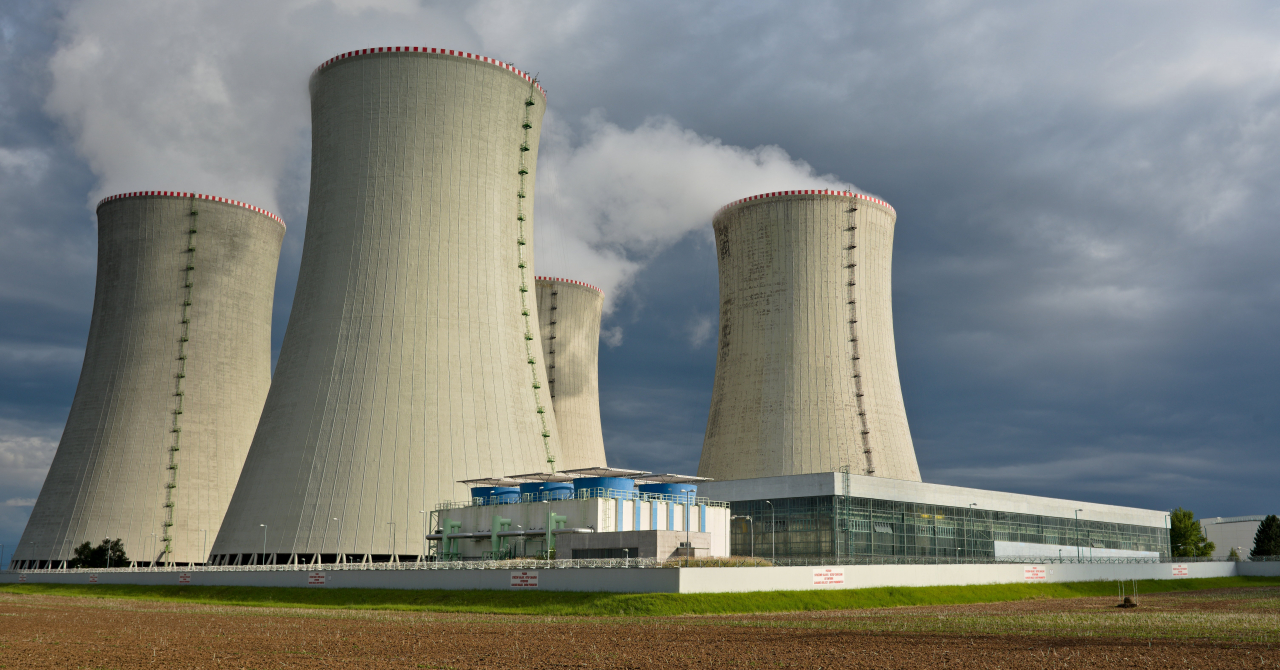The European Union's taxonomy is a classification system that defines "environmentally sustainable economic activities" for companies, policymakers and investors, according to CNBC.
While the taxonomy aims to encourage investments in green energy sources, the new decision affects the funding of energy projects that will be commissioned in the region.
Emissions coming from the use of natural gas are around 58.5% of those coming from burning coal, and despite the fact that nuclear power doesn't release emissions, it begs the question of what happens to radioactive waste.
Despite keeping natural gas and nuclear as green power sources, the EU says this won't be the case for every situation.
For example, natural gas will be considered a green source of energy for now if it is being used for things like energy generation and home heating, and they'll have to be below certain emission threshold.
Natural gas projects will be approved only until 2030 or 2035, depending on the situation.
Nuclear power plants using the latest technology, whether they are new or retrofitted, will be approved to operate until 2040 or 2045.
EU officials must find ways to reduce emissions by 55% by 2030 and to become climate neutral by mid-century in order to comply with the European Climate Law.
Laurence Tubiana, CEO of the European Climate Foundation, said that "with gas in the Taxonomy, the European Union has missed its chance to set a gold standard for sustainable finance. Instead, it has set a dangerous precedent. Politics and vested interests have won over science."
"The EU Taxonomy now falls short of its own initial goal, which was to prevent greenwashing in the financial system. Investors, companies and consumers will now be looking elsewhere for the science-based clarity and credibility they need", he added.
Other voices think that the decision might be a good call on the EU's part, as it "reflects a growing recognition that the ongoing ‘energy transition’ is going to be far more complex and difficult to achieve than the overarching, simplistic narratives", according to David Blackmon, an energy-related public policy analyst and consultant based in Texas.
 Mihai - Cristian Ioniță
Mihai - Cristian Ioniță












Any thoughts?